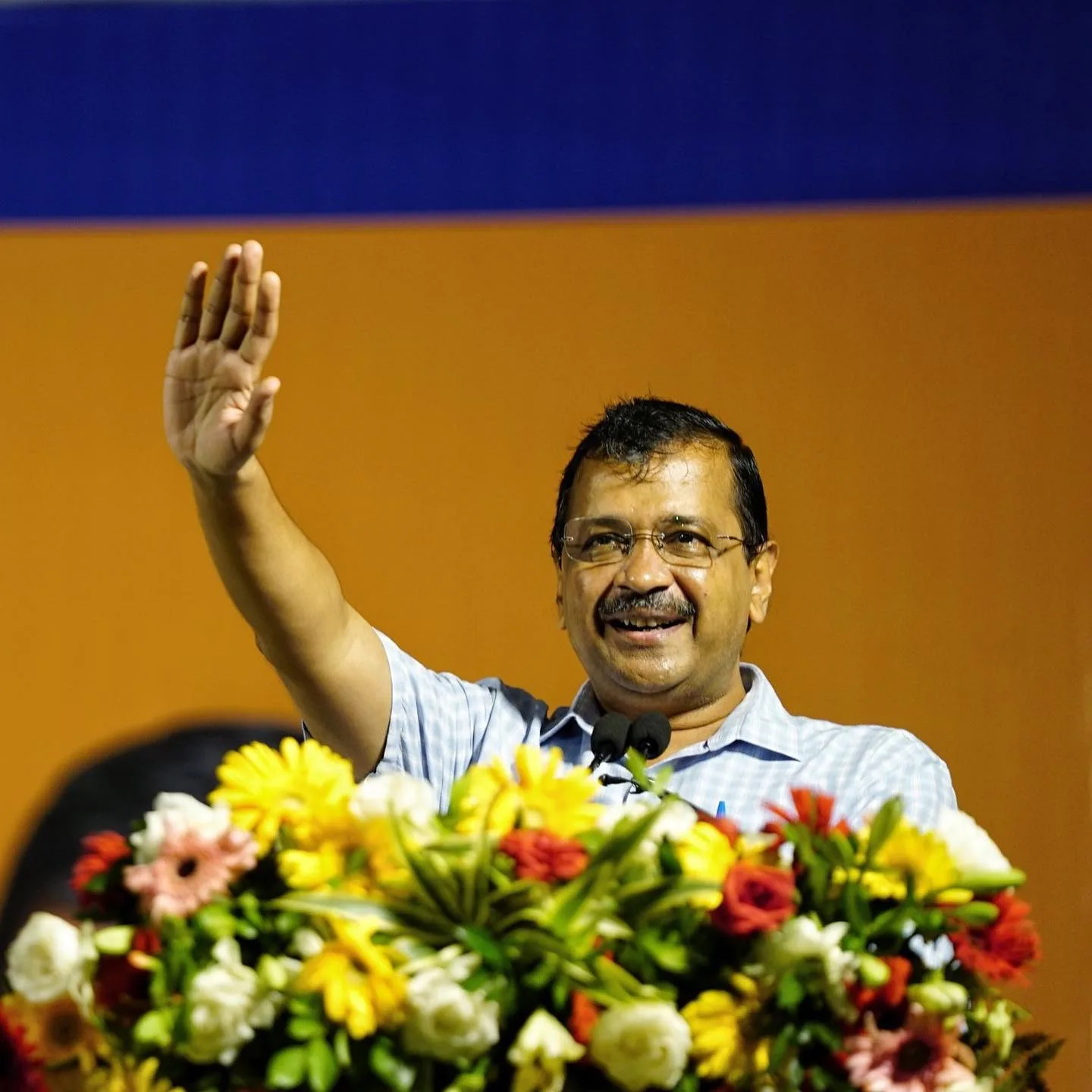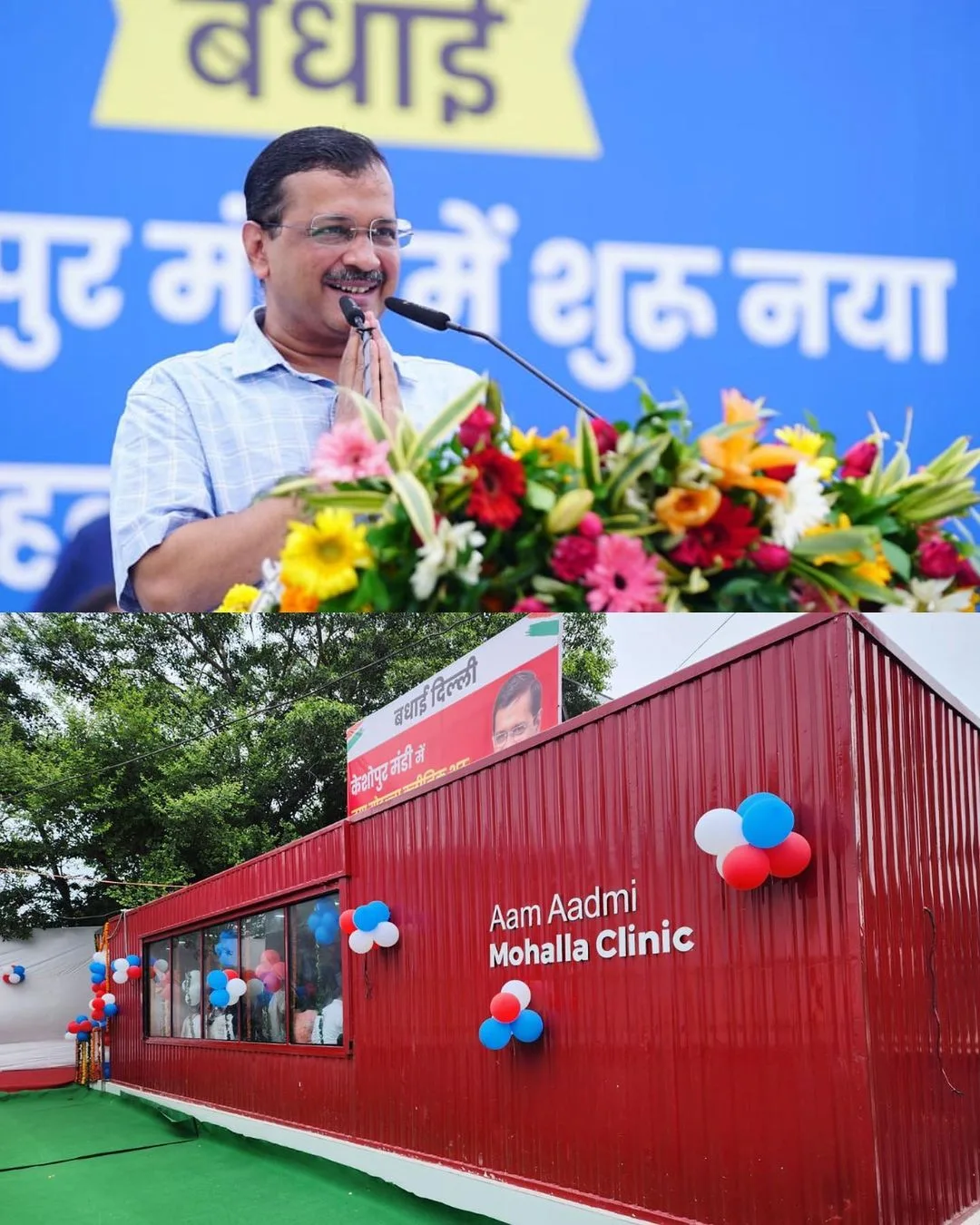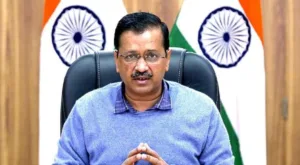Arvind Kejriwal, a prominent Indian politician and the Chief Minister of Delhi, has had an eventful educational journey that laid the foundation for his career in politics. Born on August 16, 1968, in Siwani, Haryana, the education of Arvind Kejriwal and his further pursuits have been marked by dedication and a strong sense of social responsibility.
In this article, we will delve into the educational background of Arvind Kejriwal and how his academic experiences influenced his path in Indian politics.
Early Education
Arvind Kejriwal’s educational journey began in a modest setting. He attended the Campus School in Hisar, Haryana, for his primary education. His early years in school helped cultivate a strong academic foundation and a sense of social awareness that would later become central to his political career.
IIT Kharagpur
Kejriwal’s true academic prowess came to the fore when he gained admission to one of India’s premier engineering institutions, the Indian Institute of Technology (IIT) Kharagpur.
He pursued a degree in Mechanical Engineering and graduated in 1989. His time at IIT Kharagpur was marked by academic excellence, and he was known for his dedication and commitment to his studies. It was during this period that he developed a deep interest in social issues and began questioning the status quo, a theme that would become prominent in his political career.

Civil Services
After completing his engineering degree, Kejriwal decided to pursue a career in the civil services. He cracked the Civil Services Examination in 1995 and joined the Indian Revenue Service (IRS) as an Assistant Commissioner of Income Tax.
His stint in the civil services exposed him to the intricacies of governance and the challenges faced by ordinary citizens while dealing with bureaucratic red tape. This experience further fueled his desire to bring about positive change in the system.
A Shift Towards Social Activism
While serving in the IRS, Kejriwal started taking an active interest in social issues and grassroots activism. His association with NGOs like Parivartan and Kabir played a pivotal role in shaping his worldview.
Kejriwal, along with other like-minded individuals, worked tirelessly to bring transparency and accountability to government processes and to address issues related to public welfare.
The Formation of Aam Aadmi Party (AAP)
In 2012, Arvind Kejriwal, along with Anna Hazare and others, played a key role in the anti-corruption movement in India. This movement sought to establish the Lokpal Bill for greater accountability in government.
However, differences in approach with Anna Hazare led Kejriwal to form the Aam Aadmi Party (AAP) in November 2012. The party aimed to bring about a political revolution and challenge the established political parties in India.
Political Career and Achievements
Under Kejriwal’s leadership, the AAP gained significant momentum and won the Delhi Legislative Assembly elections in 2013. Arvind Kejriwal became the Chief Minister of Delhi, and his party focused on issues such as education, healthcare, and corruption. The government’s initiatives, including Mohalla Clinics and improved government schools, received widespread acclaim.

Wrapping Up
The education of Arvind Kejriwal and his journey from IIT Kharagpur to the Chief Minister’s office in Delhi reflects his unwavering commitment to serving the people of India.
His experiences have shaped him into a politician who prioritizes transparency, accountability, and the welfare of the common man. His story serves as an inspiration for many, highlighting the potential of individuals to drive positive change in society through dedication and social responsibility.
FAQs
- What motivated Arvind Kejriwal to join politics?
Arvind Kejriwal’s strong desire to combat corruption and improve governance inspired his entry into politics.
- How has Arvind Kejriwal’s tenure as Chief Minister been perceived by the public?
Opinions vary; some praise his initiatives, while others criticize certain aspects of his governance.
- What challenges did Kejriwal face in establishing the Aam Aadmi Party?
He faced challenges such as building a grassroots support base and navigating the complexities of Indian politics.
- What is the significance of Arvind Kejriwal’s involvement in the RTI Act?
His efforts highlighted the importance of transparency and citizens’ right to access information from public institutions.



